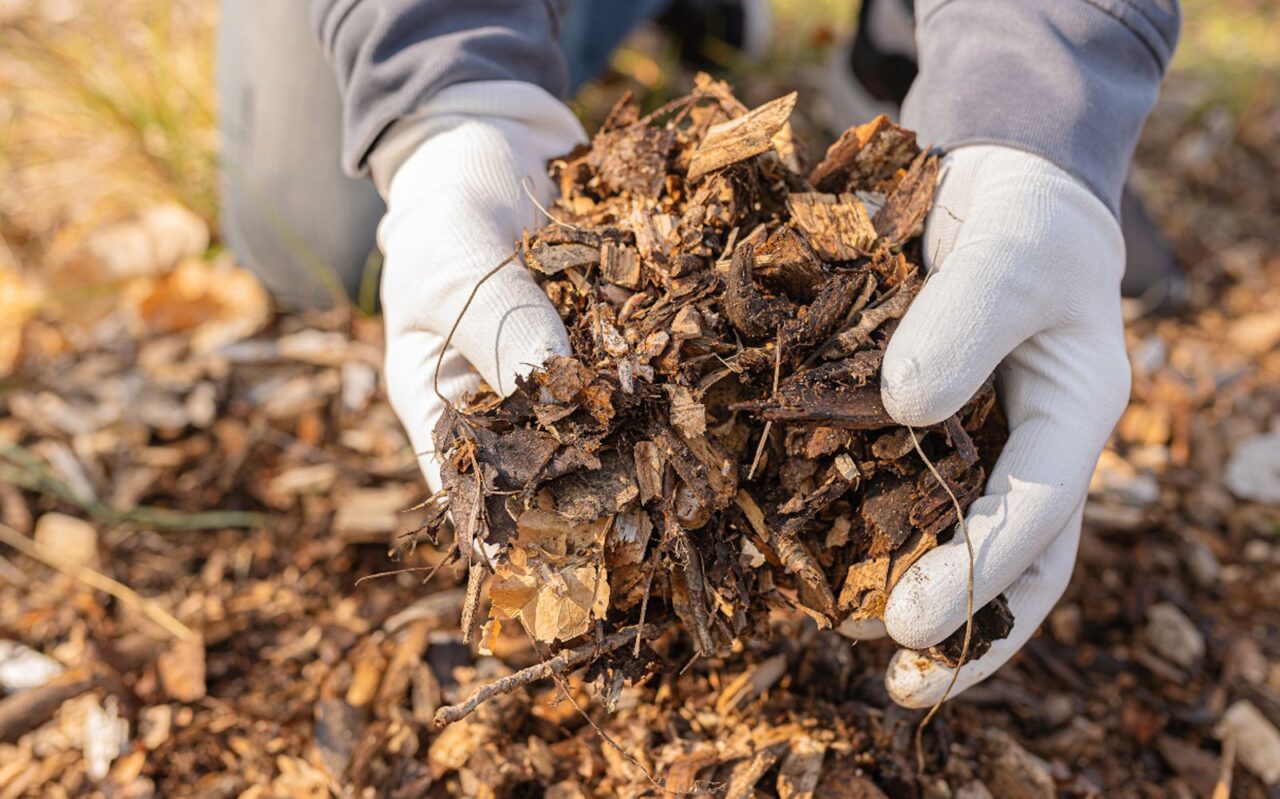By Rtn. Shreekrishna Dhittal, RC Kathmandu Height, District 3292
Information shared by ESRAG Member Rtn. Dinesh Manandhar
Leaves are among the most undervalued resources in our ecosystem. Embracing leaf composting not only reduces waste but also creates nutrient-rich soil amendments that support biodiversity and promote ecosystem health.
In the quaint village of Phoolbari, Nepal, Rtn. Shreekrishna Dhittal, a passionate mechanical engineer, has been on a mission to transform how communities perceive and use leaves. With a commitment to sustainability and community development, he has empowered individuals to turn waste into wealth through leaf composting.
Shreekrishna’s journey began with a realization: leaves, often discarded as waste, hold immense potential as a natural resource. He discovered that the leaves from a single large shade tree could provide up to $50 (around NPR 5,000) worth of plant food and humus. This discovery motivated him to delve deeper into the process of leaf composting.
Steps to Effective Leaf Composting
Rtn. Shreekrishna recommends the following straightforward steps:
- Collect and Shred Leaves: Gather fallen leaves and shred them using a lawn mower or compost shredder.
- Create a Compost Pile: Mix shredded leaves with other organic materials like kitchen scraps or grass clippings.
- Maintain Moisture and Aeration: Keep the compost pile moist and turn it every three weeks.
- Monitor Temperature: Ensure the pile doesn’t overheat, as composting generates significant heat.
Benefits of Leaf Composting
This innovative approach to leaf composting offers several advantages:
- Improved Soil Structure: Leaf mold aerates heavy clay soils.
- Nutrient-Rich Fertilizer: Leaf compost provides valuable nutrients to plants.
- Waste Reduction: Composting minimizes the amount of waste sent to landfills.
Inspiring Community Change
This initiative has inspired the Phoolbari community to reevaluate their approach to leaves. By adopting leaf composting, individuals can transform waste into wealth and contribute to a more sustainable, environmentally conscious society.
“Biodiversity is the web of life, and leaf composting is a vital thread that weaves together the health of our soil, plants, and ecosystem.”

